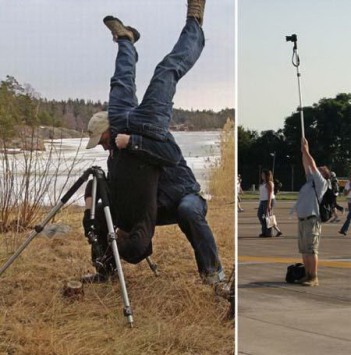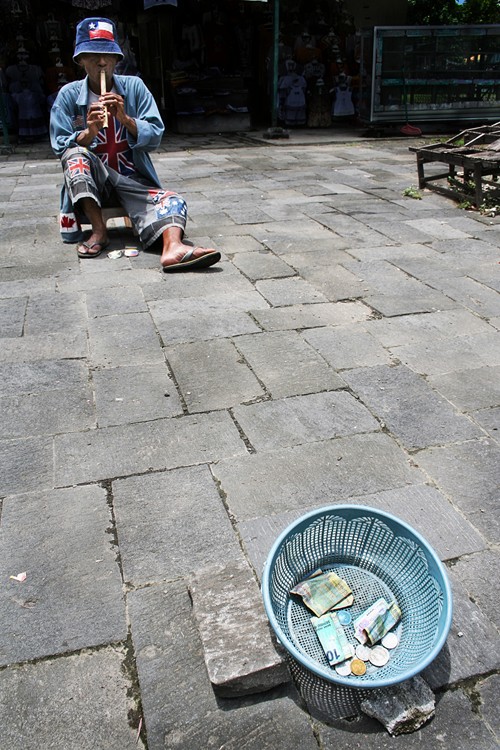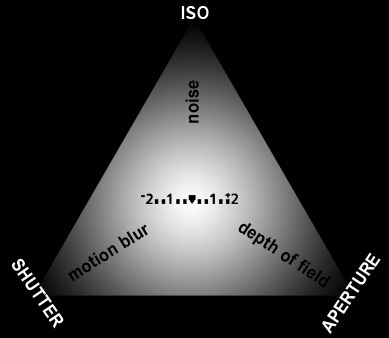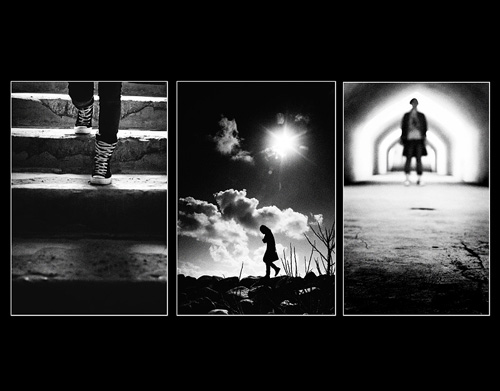
Monochrome photographs are timeless, especially black and white photographs. They enhance emotional substance and have a disposition of making photos look more artistic. When color photography came into the scene, it resulted in black and white photography falling out of favor. It just seemed so drab and dull beside the bursts of color that color photography represented. However, of late, people are beginning the discover again the intrinsic beauty of black and white photography and the purity and power that black and white pictures can have. Here are a few tips to take into consideration while shooting black and white photographs.
Here are some black and white photography tips:
When to Shoot
Many digital photographers actually prefer to shoot images for Black and White in low contrast situations. So an dark or overcast day can be a great time to shoot out door shots. Ironically these are the days that those who shoot only in color sit at home complaining about the ‘poor light’. So next time you find yourself with a dark and gloomy day – shoot some black and white shots.
The Effects of Light and Shadow
As a matter of fact, black and white photographs are basically about light and shadow. This is the reason they must be used as effectively as possible. For instance, try taking pictures of a scene at various times of the day and you will notice how light and shadow can affect the mood of a black and white photo. Another idea is to experiment with the quality or intensity of light. For instance, you could take a picture of a tree on a foggy day, and then photograph the same tree on a bright day.
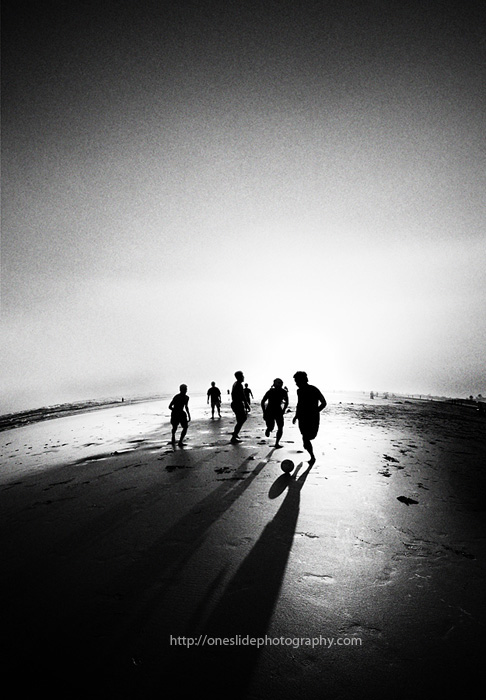
Take Shapes into Consideration
Most of the general tips on how to compose or frame a good shot apply just as well to black and white photography as they do when shooting in color – however the main obvious difference is that you’re unable to use color to lead the eye into or around your shot. This means you need to train yourself to look at shapes, tones and textures in your frame as points of interest. Since black and white pictures lack color, they are dependent largely on lines and shapes to create interest. Try an incorporate a variety of shapes that create different types of lines such as curving lines, crooked lines, or slanting lines. Stark straight lines can also have dramatic effects in black and white photos. Pay particularly attention to shadows and highlights which will become a feature of your shot.
Mind Your Perspective
Perspective can create some very interesting effects, especially in black and white photography. Perspective can bring alive a standard subject, it can suggest depth and mystery in every day objects, and, in fact, you can make a picture tell a story just by using an unusual angle while photographing a scene in black and white. For instance, say you want to a picture of a tall building with
Take Care of the Background
While taking black and white photos you need to make sure that the subject does not get lost in the background. Often, just by shifting your subject a little to the left or right can help in eliminating unwanted elements in your photograph. Or you could try and take the picture from another angle.
Add Texture
Texture can add interest and definition to black and white photos. For example, a black and white picture of a roughly textured wall will certainly look more interesting than a smooth wall, or a road made of cobblestones will look more dramatic than a smooth one.
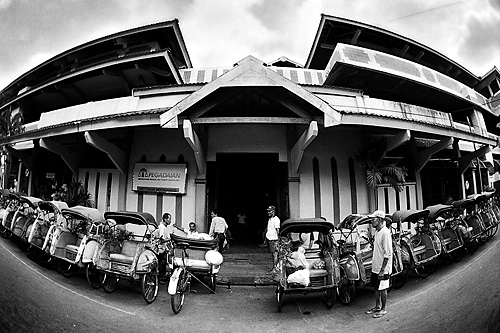
Colors Do Matter
Yes, different colors have different effects on black and white photos. For example, while green and red may look striking juxtaposed against each other in a colored photo, however, the two colors become almost indistinguishable in a black and white photograph. The more contrast that colors have in their grayscale values, the more interest will they create in black and white pictures.
Low ISO
Shoot with the lowest possible ISO possible. While this is something that most of us do in color photography it is particularly important when it comes to black and white where noise created by ISO can become even more obvious. If you’re after this ‘noise’ (or grain) you can always add it later in your post production – but it’s harder to go the other way and take noise out.













